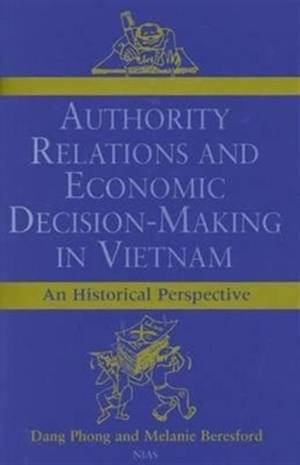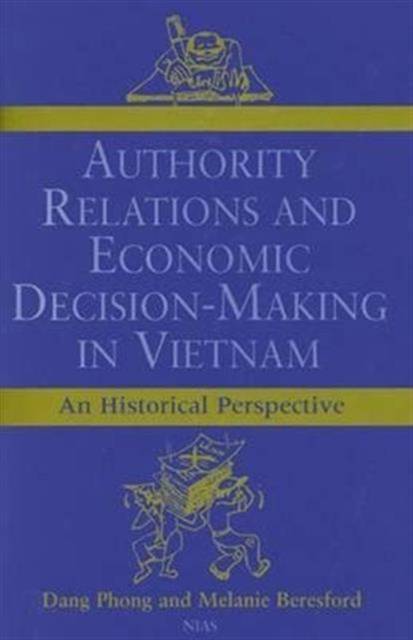
- Afhalen na 1 uur in een winkel met voorraad
- Gratis thuislevering in België vanaf € 30
- Ruim aanbod met 7 miljoen producten
- Afhalen na 1 uur in een winkel met voorraad
- Gratis thuislevering in België vanaf € 30
- Ruim aanbod met 7 miljoen producten
Zoeken
Authority Relations & Economic Decision Making In
Hardcover
€ 38,45
+ 76 punten
Omschrijving
This text examines the evolution of state institutions since 1945 in Vietnam in order to understand the continuities since the commencement of market-oriented economic reforms, as well as the extent to which rapid social change has altered authority relations and decision-making processes.
Specificaties
Betrokkenen
- Uitgeverij:
Inhoud
- Aantal bladzijden:
- 128
Eigenschappen
- Productcode (EAN):
- 9788787062657
- Verschijningsdatum:
- 1/01/1998
- Uitvoering:
- Hardcover
- Gewicht:
- 333 g

Alleen bij Standaard Boekhandel
+ 76 punten op je klantenkaart van Standaard Boekhandel
Beoordelingen
We publiceren alleen reviews die voldoen aan de voorwaarden voor reviews. Bekijk onze voorwaarden voor reviews.






